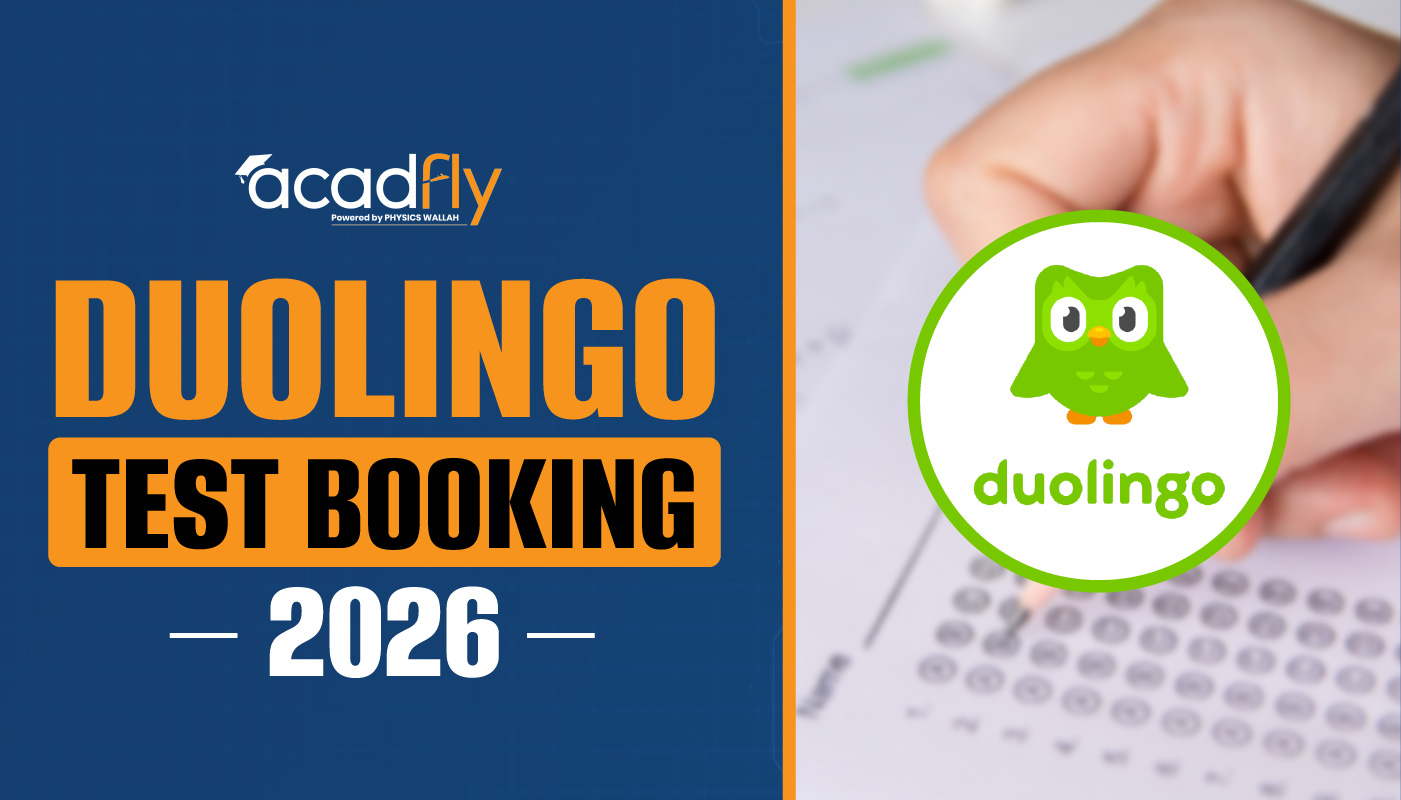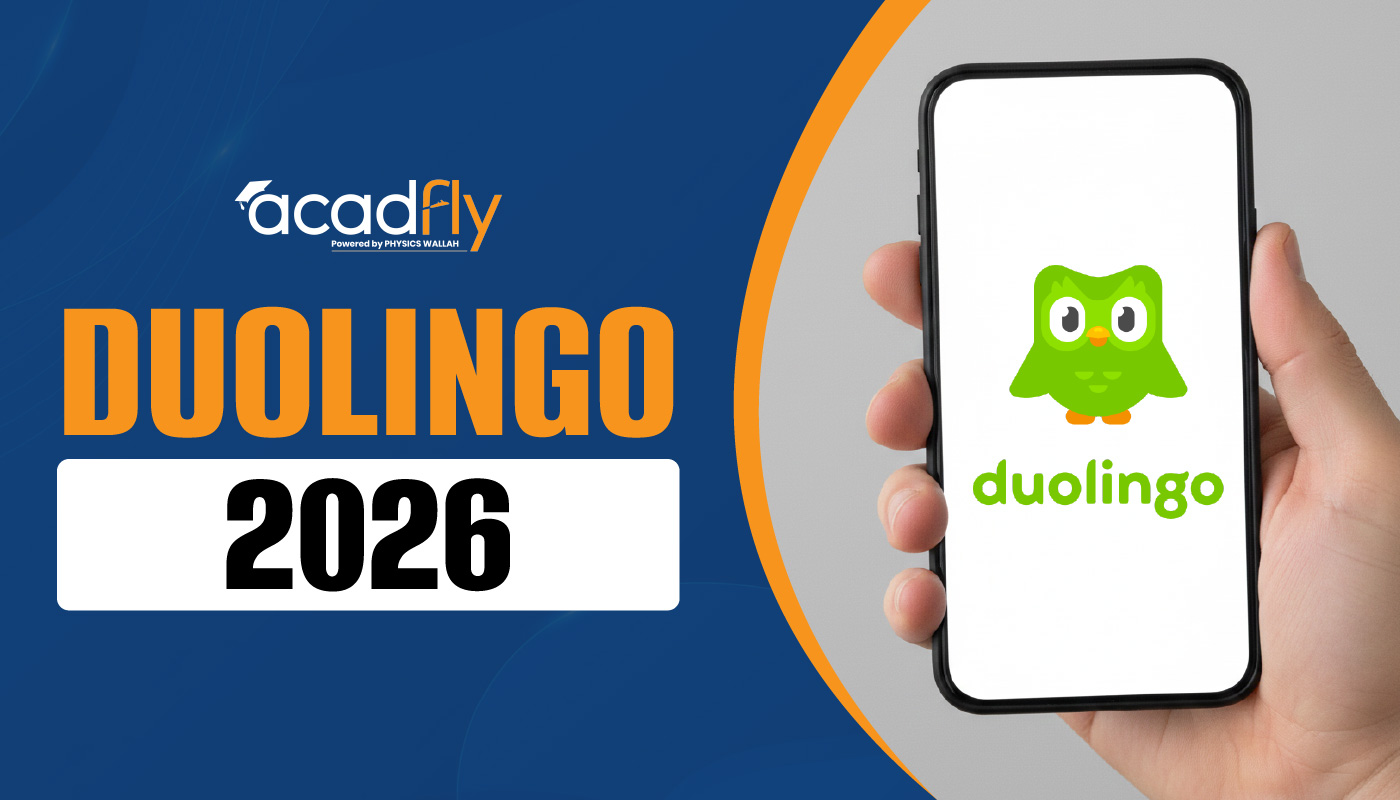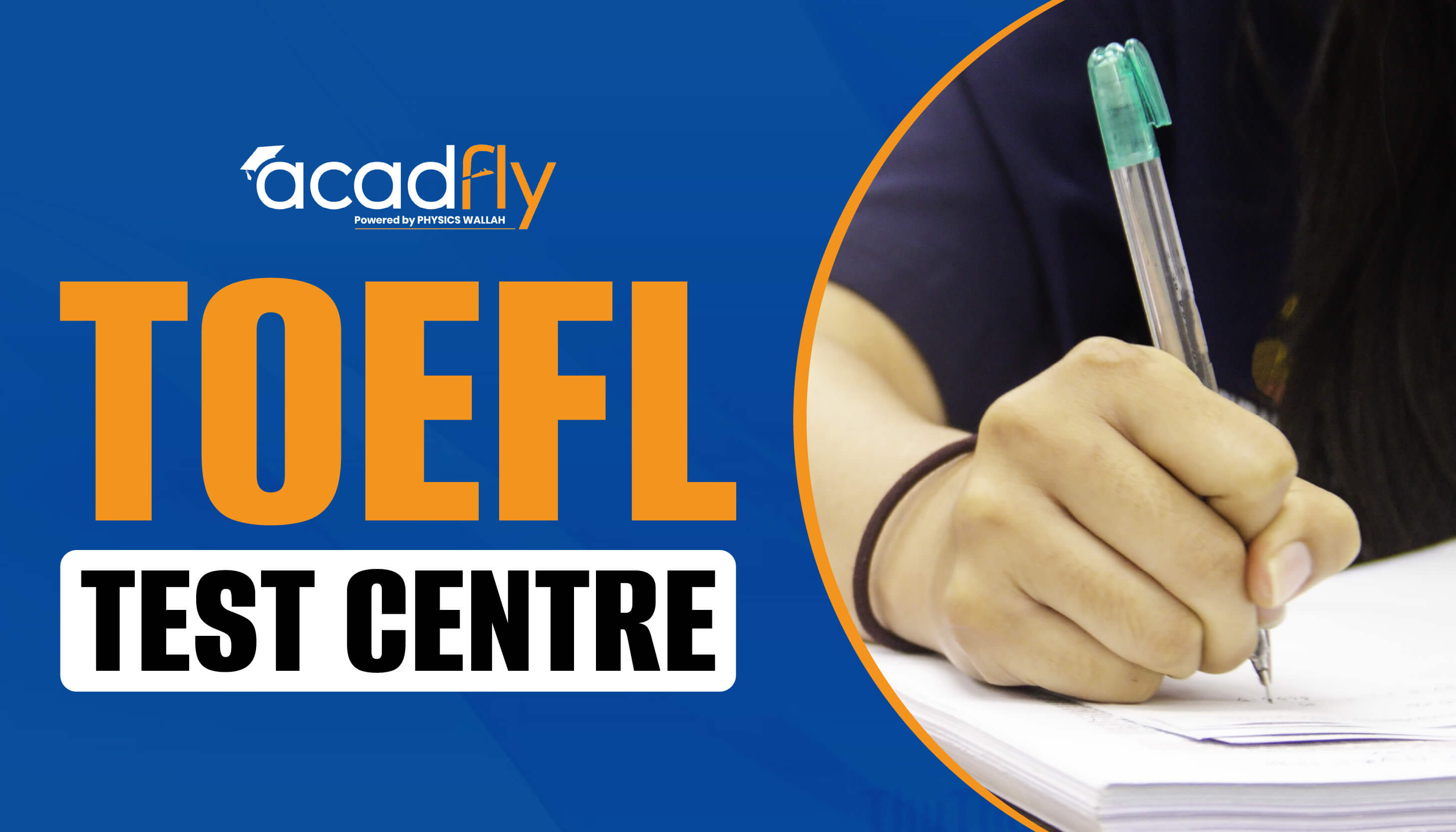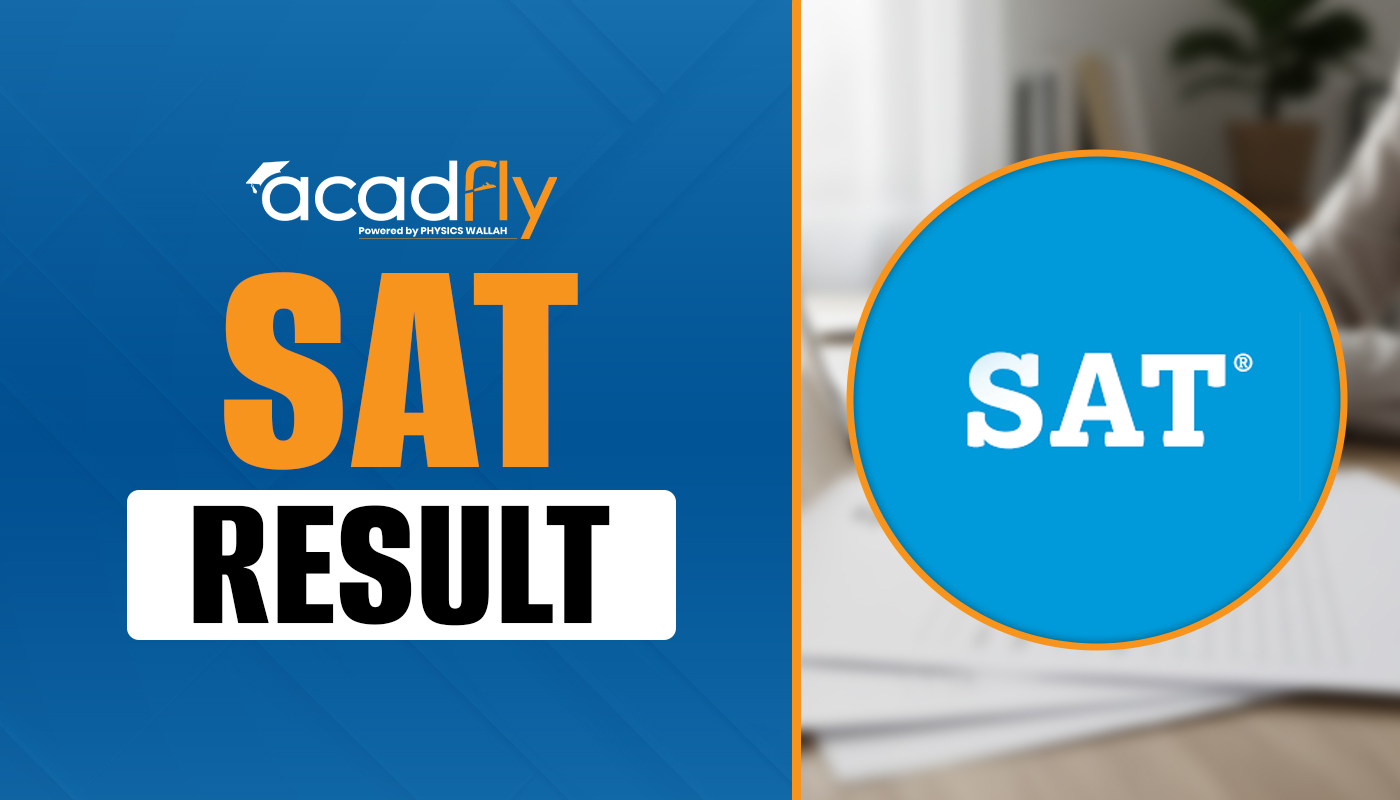
IELTS Cue Cards 2025: IELTS Speaking Test is an important part of IELTS exam. In Part 2, candidates get a cue card (also called a Q card IELTS) with a topic, and they need to speak about it for 1–2 minutes. Many students find this part difficult. In 2025, the test format is the same, but the 2025 IELTS cue card topics are new and based on real-life situations. Whether candidates are taking the Academic or General Training test, learning how to answer cue cards well can boost their speaking score. The section below highlights the latest 2025 cue cards for IELTS, gives sample answers, useful tips, vocabulary, and everything candidates need to succeed in IELTS Speaking Test.
What Are IELTS Cue Cards?
IELTS cue cards, also called Q cards IELTS, are prompts given to candidates in Part 2 of the IELTS Speaking Test. Candidates are given a task card with a topic and a few bullet points to talk about. Candidates will have one minute to prepare and then need to speak for one to two minutes on that topic.
Cue cards test candidates' ability to:
-
Speak fluently
-
Organise thoughts
-
Use a range of vocabulary and grammar
-
Manage time while speaking
Format of IELTS Speaking Part 2
In Part 2 of IELTS Speaking test, candidates will be given a task card with a topic to speak about. This test analyses how well candidates can organise their ideas and speak fluently on a specific topic. Given below is the format of IELTS Speaking Part 2:
Preparation Time: 1 minute
Speaking Time: 1–2 minutes
Task: Describe a topic using the bullet points given
Follow-up Questions: 1–2 brief questions related to your topic
Example Format:
Describe a person you admire.
You should say:
– Who the person is
– How do you know the person
– What qualities do you like about them
And explain why you admire this person.
Why Cue Cards Are Important in IELTS
Cue cards play an important role in candidates' IELTS speaking scores because they test candidates' ability to talk clearly and confidently on a given topic. Below are some points highlighting why cue cards are important in IELTS:
-
25% of Your Speaking Band Score: Cue cards contribute significantly to your final band score in Speaking.
-
Tests Speaking Without Interruption: Unlike Part 1, here you speak without interruption for a longer time.
-
Assesses Fluency, Vocabulary, and Coherence: The Cue cards test the core areas of English communication.
How to Prepare for 2025 IELTS Cue Cards
To do well in the cue card section, candidates are required to do regular practice and use the right strategy. In 2025 IELTS cue card will include new and updated topics, it is important to stay familiar with common topics. Preparing in advance helps candidates think quickly, speak smoothly and build confidence for the real test. Below are preparation tips for 2025 IELTS cue card topics:
|
Preparation tips for IELTS cue card topics 2025 |
|
|---|---|
|
Strategy |
Description |
|
Daily Practice |
Speak on a new cue card every day. Record and review. |
|
Vocabulary Building |
Learn synonyms, phrasal verbs, and idioms related to common topics. |
|
Organize Ideas |
Use the 'Past – Present – Future' technique to structure your answer. |
|
Timed Speaking |
Practice speaking for 2 minutes with a stopwatch. |
|
Flashcards |
Create cue card flashcards and randomly select one daily. |
Latest 2025 Cue Card IELTS Topics
To score well in the cue card section, candidates require regular practice and the right strategy. Below ar the list of frequently asked and expected 2025 cue cards for IELTS:
People-Related Topics
-
Describe a person who inspired you recently
-
Describe a teacher you admired in school
-
Talk about a friend who is good at making decisions
Place-Related Topics
-
Describe a place where you go to relax
-
Talk about a city you want to visit in the future
-
Describe a historical site you visited
Experience/Events
-
Talk about a memorable journey you took
-
Describe a time when you solved a problem
-
Describe a recent celebration or festival you attended
Objects/Things
-
Describe a gift you gave someone
-
Talk about something you lost and found again
-
Describe a piece of technology you use often
Abstract Topics
-
Describe a difficult decision you made
-
Talk about an activity that helps you stay healthy
-
Describe a habit someone has that you find interesting
Note: These are predicted 2025 IELTS speaking cue cards, but examiners may use variations. Be flexible and confident.
Sample Answers for Popular 2025 IELTS Cue Cards
Below are the 3 cue cards with full sample answers:
Cue Card 1: Describe a book that changed your perspective
You should say:
-
What the book was
-
How did you find it
-
What is it about
-
And how it changed your perspective
Sample Answer:
A book that truly changed my perspective is Atomic Habits by James Clear. I discovered it through a podcast I was listening to about productivity. The book focuses on how small changes in daily routines can create significant life improvements. After reading it, I started applying its techniques to my studies and fitness routine. It made me realize that success is not about giant leaps but consistent steps.
Cue Card 2: Describe a memorable trip you had
You should say:
-
Where you went
-
Who did you go with
-
What did you do there
-
And why was it memorable
Sample Answer:
Last summer, I traveled to Manali with three of my closest friends. We had been planning this trip for months, and it was a perfect escape from the city. We went trekking, river rafting, and even camped under the stars. What made it memorable was the bond we built and the natural beauty we experienced. It felt like a dream.
Cue Card 3: Talk about a skill you want to learn
You should say:
-
What is the skill?
-
Why do you want to learn it
-
How do you plan to learn it
-
And how will it help you
Sample Answer:
One skill I’ve been wanting to learn is graphic designing. I’ve always been interested in visual art and technology, and graphic design seems like the perfect blend. I plan to take online courses and practice using tools like Canva and Photoshop. This skill will help me build a strong portfolio and perhaps even freelance during my college years.
Tips to Master the Cue Card Round
The cue card round in the IELTS Speaking test can feel challenging, especially when candidates are required to asked to speak continuously for 1–2 minutes. But with the right approach and some practice, candidates can handle it with confidence. Below are some practical tips to help candidates structure their answers:
|
Tips to Master Cue Card Round |
|
|---|---|
|
Tip |
Explanation |
|
Use the 1 Minute Wisely |
Write keywords, not full sentences. Think about the structure. |
|
Don’t Memorize |
Speaking naturally is better than sounding robotic. |
|
Use Examples |
Real-life examples make your answer interesting and relatable. |
|
Time Awareness |
Keep track of time to avoid stopping too early or rambling. |
|
Stay Calm |
Nervousness can affect fluency. Deep breaths help. |
Vocabulary to Use in Cue Cards
Use expressive vocabulary to enhance your response
|
Vocabulary to Use in Cue Cards |
|
|---|---|
|
Topic |
Vocabulary Examples |
|
Travel |
breathtaking, picturesque, adventure, scenic |
|
People |
compassionate, witty, diligent, charismatic |
|
Technology |
user-friendly, innovative, cutting-edge, efficient |
|
Emotions |
thrilled, anxious, overjoyed, nostalgic |
|
Books/Films |
gripping, insightful, thought-provoking, humorous |
Common Mistakes to Avoid
Many students lose valuable marks in the IELTS Speaking test not because of poor English, but due to simple and avoidable mistakes. Knowing what these common errors are can help candidates stay alert and perform better. Below are some key mistakes during the cue card round:
-
Pausing too often
-
Speaking off-topic
-
Ignoring the bullet points
-
Using very basic vocabulary
-
Stopping before 1 minute
Pro Tip: Always answer all parts of the question and include personal experiences
Cue cards are the make-or-break part of the IELTS Speaking section. With the right preparation, smart strategies, and confident delivery, candidates can easily turn this challenge into an opportunity to score high. The 2025 IELTS speaking cue cards have been designed to reflect real-world experiences, so keep the answers personal, structured, and engaging.
IELTS Cue Cards FAQs
What is the purpose of cue cards in IELTS?
How many cue cards should I prepare for the 2025 IELTS exam?
Can I ask the examiner for help if I do not understand the cue card?
Do cue cards repeat in IELTS?
Is it okay to make up a story during the cue card round?









